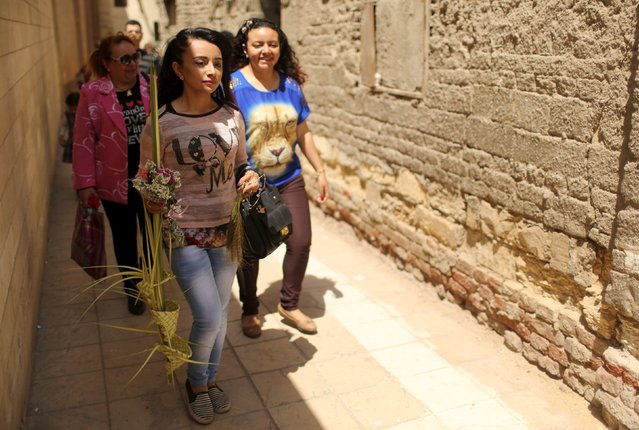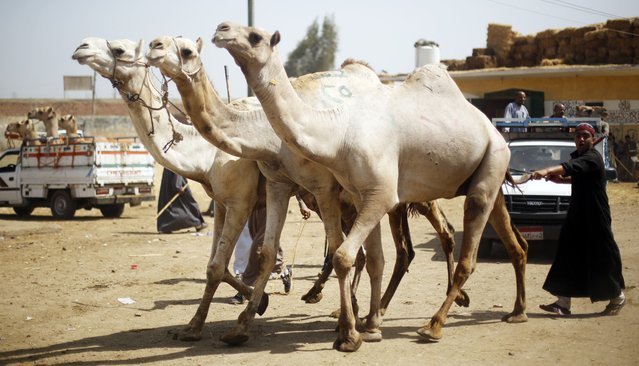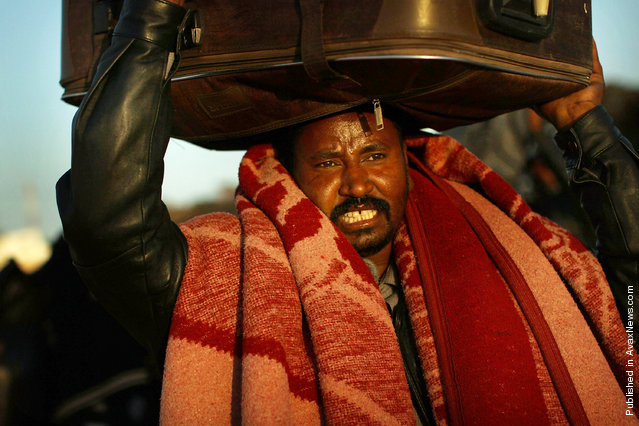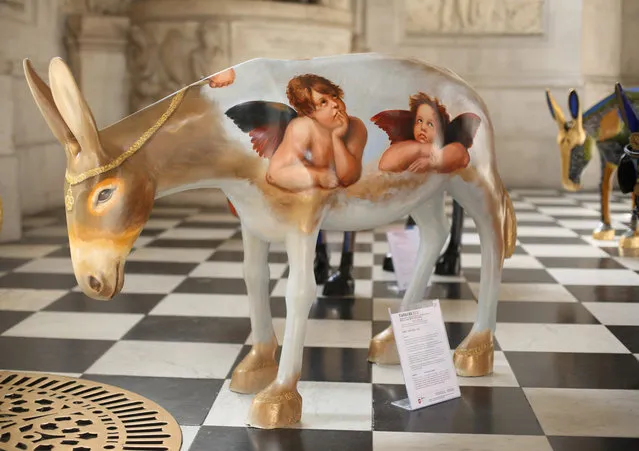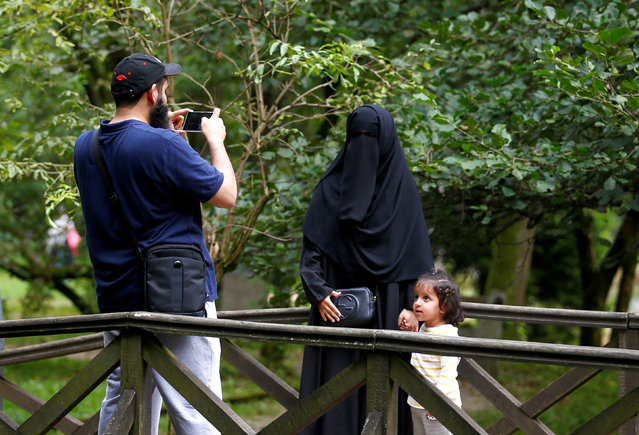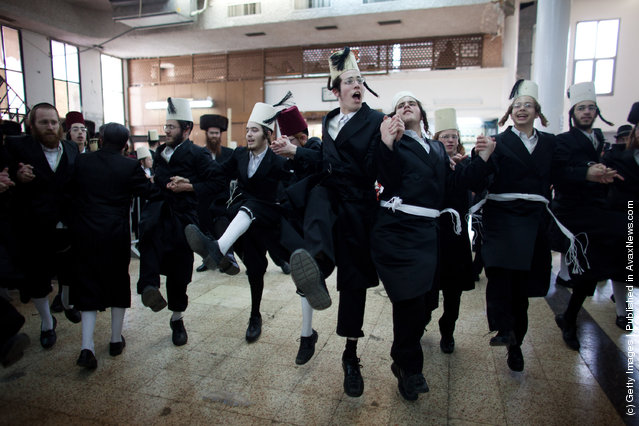
Ultra Orthodox Jews celebrate the Jewish holiday of Purim on March 8, 2012 in Benei Brak, Israel. The carnival-like Purim holiday is celebrated with parades and costume parties to commemorate the deliverance of the Jewish people from a plot to exterminate them in the ancient Persian empire 2,500 years ago, as described in the Book of Esther. (Photo by Uriel Sinai/Getty Images)
09 Mar 2012 12:53:00,post received
0 comments

